

| Online: | |
| Visits: | |
| Stories: |
New Sheriff in Town: How Russia Has Yet Again Outpaced US in Middle East
While the US administration is trying to reinstate its leadership in the Middle East through missile strikes on a Syrian airfield based on unverified pretenses, Russia has once again outpaced the US in the region. “Russia is much closer to the region and has a deeper understanding of the situation,” Israeli commentator Avigdor Eskin told Sputnik.
The American strike on the Syrian Shayrat Air Base prompted some US Twitter users to praise Donald Trump as the real “sheriff in town” for what they saw as reinstating the US leadership in the Middle East.
US President Donald Trump said that the attack was a response to the alleged use of chemical weapons in the Idlib province of Syria on April 4, which resulted in the death of over 80 people. The incident was blamed on the Syrian government by Washington, although no proof was, or has since been, provided.
It is hardly surprising that, against this background, Russia’s diplomatic shift toward Israel remained largely neglected.
“We reaffirm our commitment to the UN-approved principles for a Palestinian-Israeli settlement, which include the status of East Jerusalem as the capital of the future Palestinian state. At the same time, we must state that in this context we view West Jerusalem as the capital of Israel,” the Foreign Ministry statement issued on the Palestinian-Israeli settlement issued on April 6 said.

The Russian Foreign Ministry made it clear that West Jerusalem will be recognized only as part of the two-state solution, with the Palestinian capital in East Jerusalem.
The significance of the move could hardly be overestimated: for decades Israel has insisted that Jerusalem is its capital, while its partners and allies continued to maintain their diplomatic missions in Tel Aviv.
Furthermore, back in 1948 the UN proposed to turn Jerusalem into an “international city” thus making it an autonomous city-state separate from the direct supervision of any single nation-state.
For its part, the US, Israel’s longstanding ally, has long hesitated to recognize Jerusalem, partly or as a whole, as the country’s capital despite Israel’s repeated pleas.
It appeared that the Jerusalem Embassy Act of 1995 which envisaged the relocation of the Embassy of the United States in Israel from Tel Aviv to Jerusalem, no later than May 31, 1999 would open the door to Jerusalem’s recognition. However, it still remains mere ink on paper.
“In an unexpected, unprecedented and curious move, Moscow on Thursday said it considers West Jerusalem to be Israel’s capital, making Russia the first country in the world to extend such a recognition to any part of the city,” Raphael Ahren, the diplomatic correspondent at The Times of Israel, wrote last Thursday.
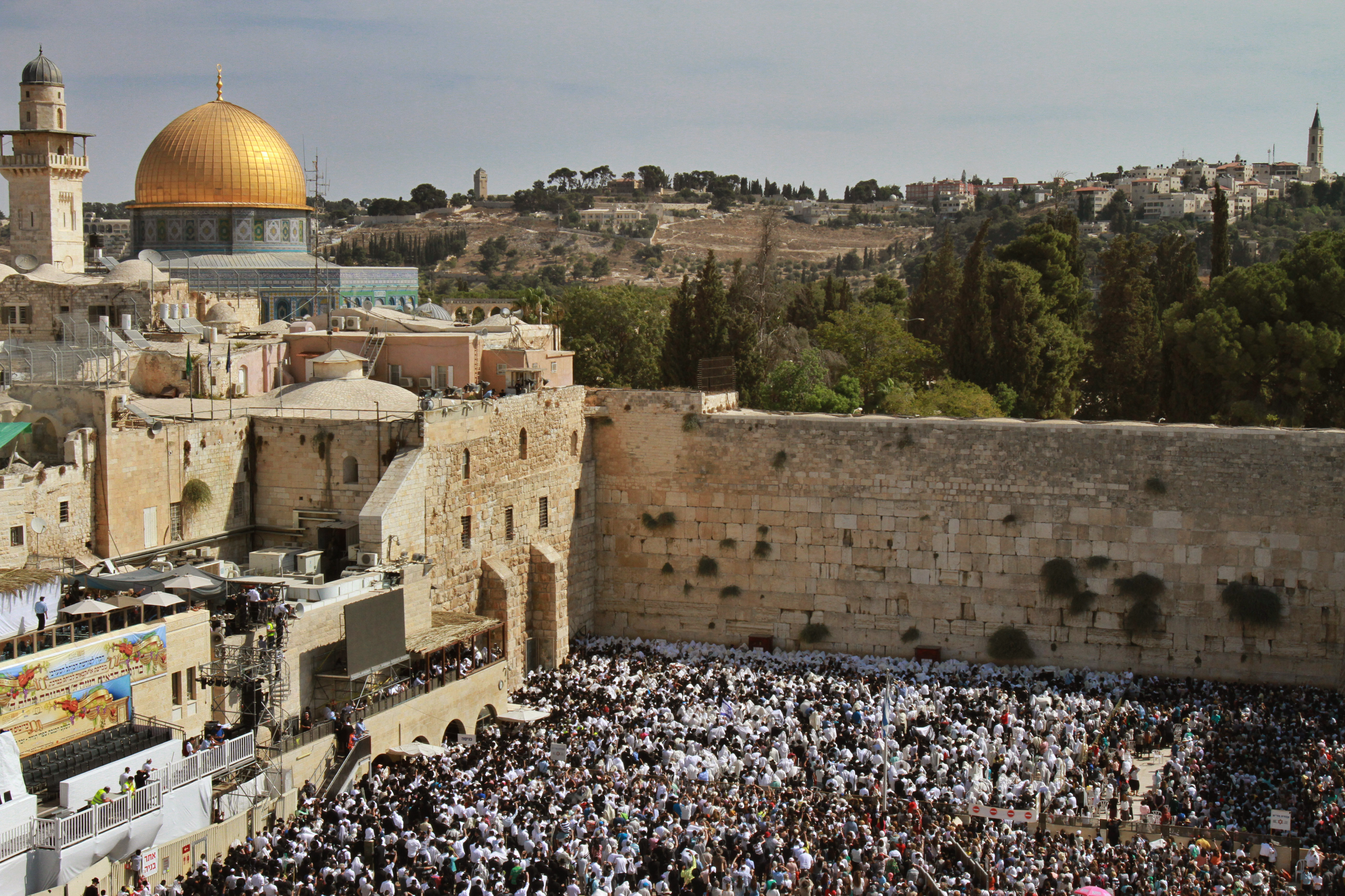
Sputnik asked Israeli political analyst and commentator Avigdor Eskin about the situation.
Do you consider the recognition of West Jerusalem as a significant step in Russo-Israeli relations?
“Russian-Israeli relations are at the highest point now,” Eskin responded, “Despite the current controversy surrounding the US missile attack on Syria, the coordination between Russia and Israel works perfectly for both sides.”
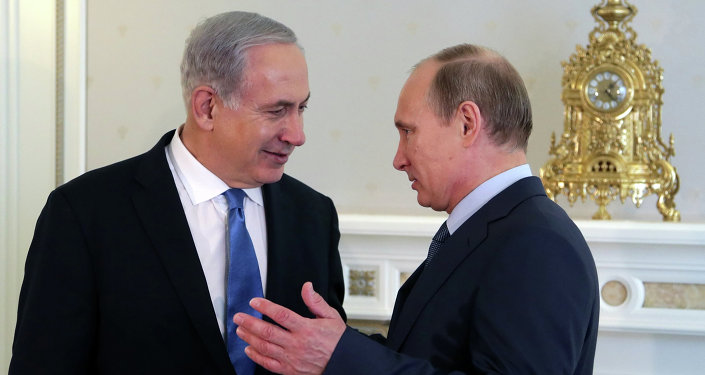
“We see that the current mood in Russia is very friendly towards Israel and the same time the popularity of President Putin in Israel is very high,” the Israeli political analyst said. “The current statement regarding recognition of West Jerusalem as the capital of Israel reflects warm and friendly atmosphere. This is highly appreciated.”
Eskin called attention to the fact that many countries remain stuck to the UN decision from November 1947, which is known as Partition Plan for Palestine (Resolution 181).
“It called for the partition of Palestine into Arab and Jewish states, with Jerusalem being established as a corpus separatum, or a ‘separated body’ with a special legal and political status, administered by the United Nations. This is the position of the US State Department since the early 1950s. The Russian position is different now as we see,” he noted.
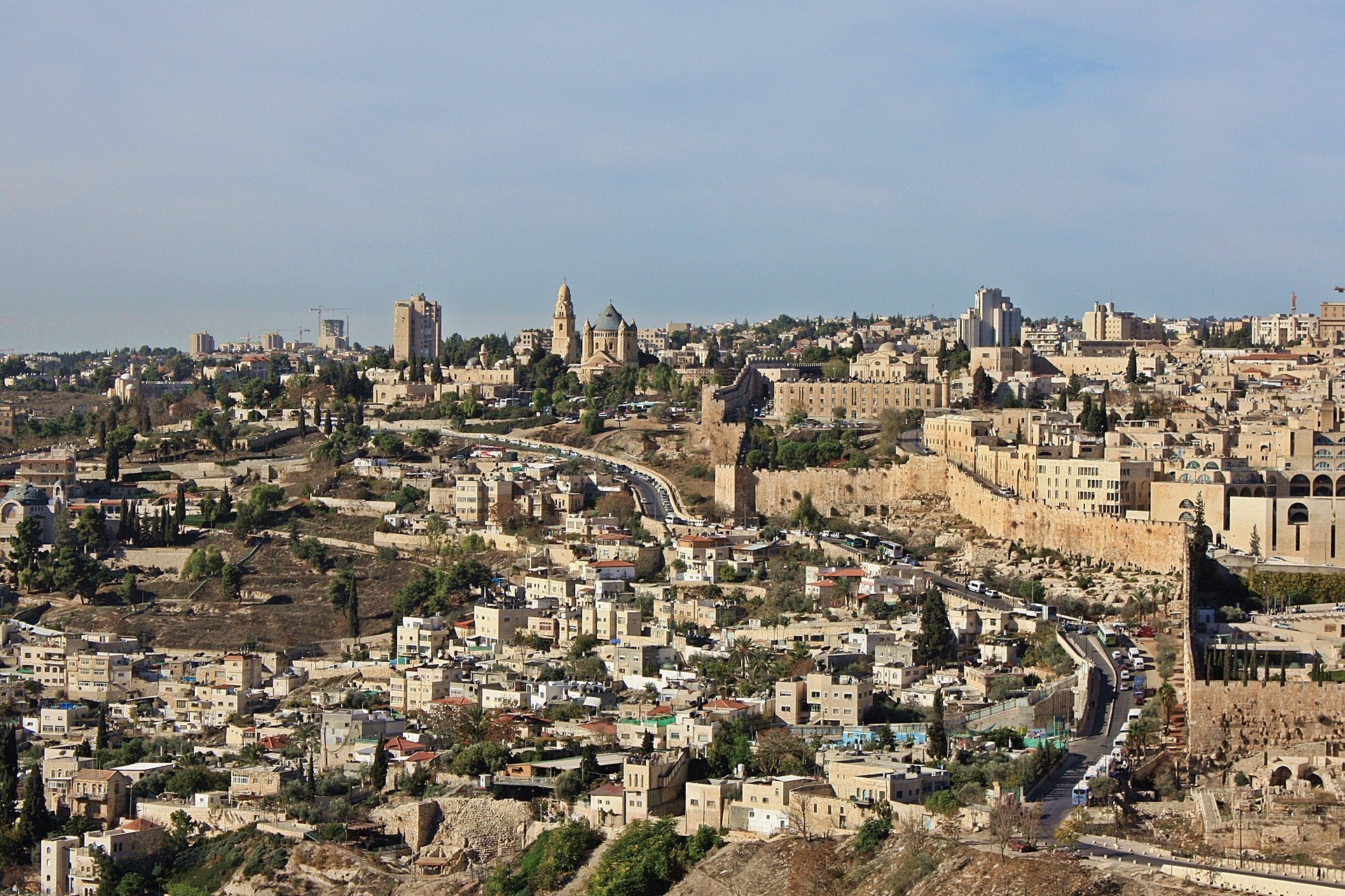
Why did the recognition of West Jerusalem as Israel’s capital by Russia come as a surprise for both international and Israeli observers?
“It is no secret that Russia has sided with the Arab world since the early 1950s. There is a certain level of inertia, which exists in international relations of this kind. Since there has been no Israeli effort to convince Russia that the time had come to reconsider its attitude towards Jerusalem, the new approach of Russia is appreciated especially as a manifestation of good will,” Eskin emphasized.
He highlighted that the Russian diplomatic move didn’t prompt negative reaction from the Arab countries.
“This reflects the changes in the Middle East. Israel ceased being a scapegoat for the neighbors. We see a much more balanced and realistic approach today,” he said.
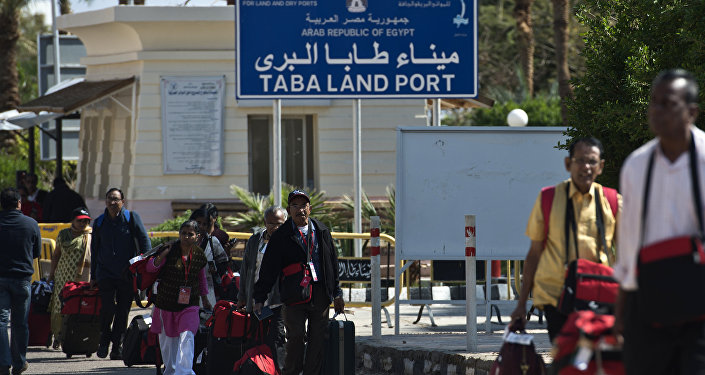
Commenting on Moscow’s views regarding the creation of the Palestinian state with its capital in East Jerusalem, Eskin pointed out that Russia follows obligations taken by the USSR.
“As we know, Moscow viewed the creation of a Palestinian state as a must. However, now Russia also believes that the sides must decide the final settlement details, which opens some other options. There are reasonable doubts about the future solution. Russia promotes direct negotiations and does not try to insert any pressure on the sides. This position is very balanced and diplomatically wise,” the Israeli commentator told Sputnik.
The question then arises why Washington has yet to make the step in the similar direction.
“The US position is very weird,” Eskin said, “There is a law which makes it obligatory to remove the embassy but the US State Department is not happy about it and keeps convincing all the serving presidents that they will be better off if they veto the implementation of the law. This is out of certain US inertia and the fear that US allies, such as Saudi Arabia and Qatar will be aggrieved by it.”
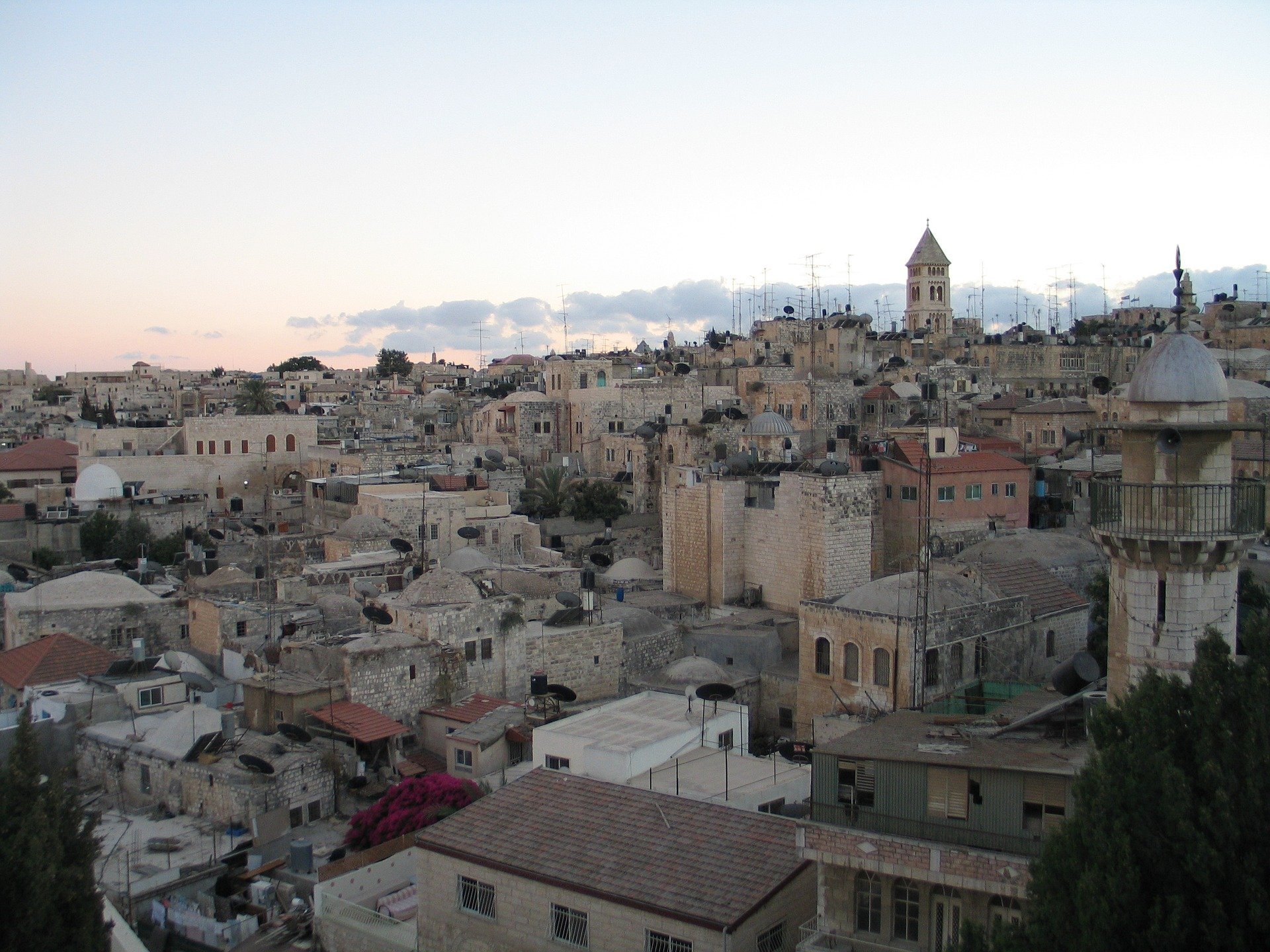
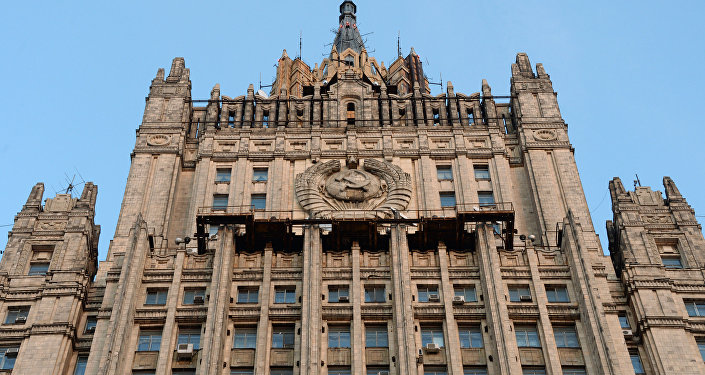
The Israeli political analyst highlighted that the situation surrounding Jerusalem is quite paradoxical.
“You will not find another example in our world that the embassies dwell in a certain country not in the capital city. And this is while there are over two hundreds unsolved territorial conflicts. Somehow, Israel has been singled out in a very strange way. This does not influence Israeli policies but gives a feeling of unreasonable defamation,” he told Sputnik.
Interestingly enough, US President Trump has repeatedly stated that he had “every intention” to recognize Jerusalem as Israel’s capital. What lies at the root of Trump’s hesitance to fulfill his election promise?
“This remains to be seen. It seems that Trump wants to do it. But he is generally a half-paralyzed president. So nothing can be forecasted for sure now,” Eskin responded.
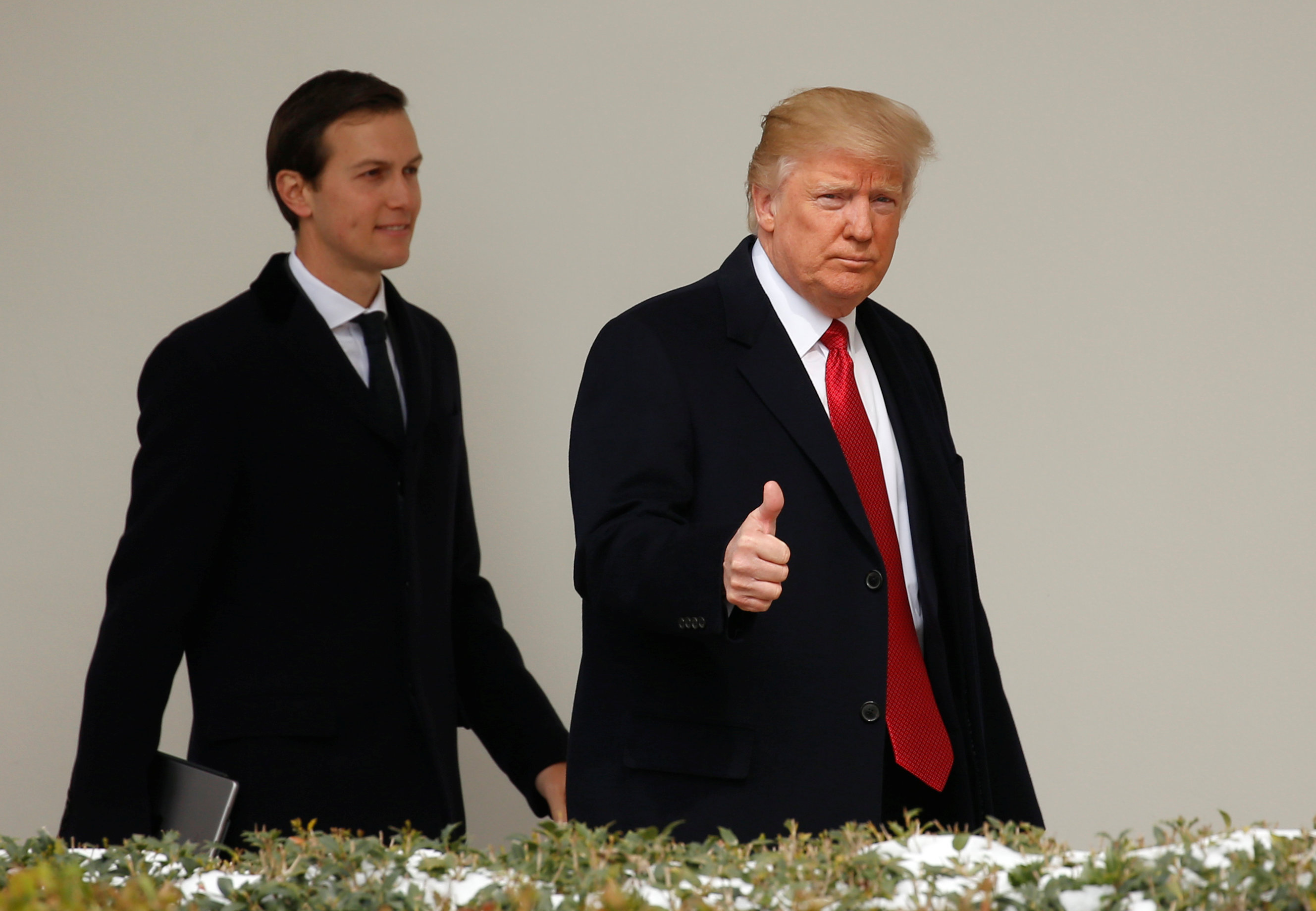
It appears that Moscow has outpaced Washington with its latest statement.
Commenting on the matter Russian online newspaper Vzglyad said that the Russians “really create a ‘new Middle East’ breaking the usual pattern in which Israel has been traditionally considered within the sphere of US influence.”
“This is what needs to be,” Eskin said, “Russia is much closer to the region and has a deeper understanding of the situation. If Trump remains ‘under siege’ and doesn’t prevail for the rest of his term, we might expect a stronger Russian influence. And if Trump prevails then he can work closer with Russia.”
The Israeli political analyst highlighted that it is Moscow who could play a key role in easing tensions between Israel and Iran.
“What appears to be the winning strategy is establishing Israeli-Iranian ties via Moscow after the elections in Iran. There is no real conflict of interests whatsoever between Teheran and Jerusalem. Russia will do great service to the whole region if it puts an end to this bitter conflict. This development is rather natural now. Thus the influence of Russia can rise up dramatically,” Eskin said.
“Israel viewed Russia with a certain level of skepticism in the past. But the coordination over Syria created such a level of mutual trust that the Russian-Israeli spring will last naturally,” Eskin concluded.
The views expressed in this article are solely those of the author and do not necessarily reflect the official position of Sputnik.
Source: http://tapnewswire.com/2017/04/new-sheriff-in-town-how-russia-has-yet-again-outpaced-us-in-middle-east/



